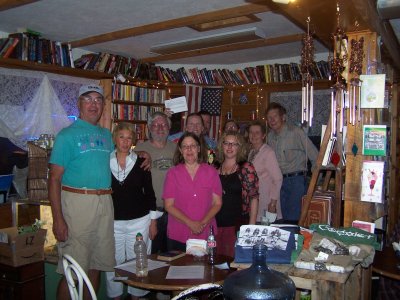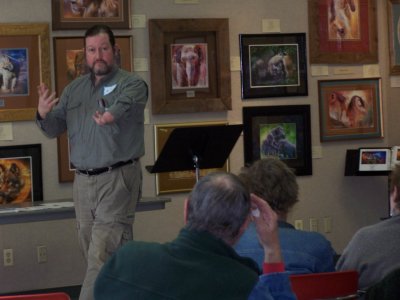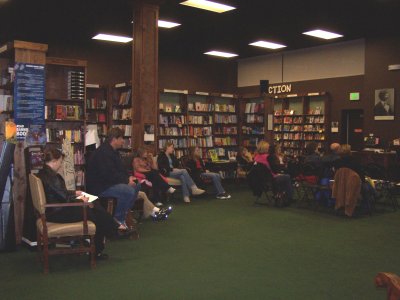What Is This?

Some time in late 2007 I heard a radio talk show host comment that the U.S. Constitution forbade an impeached officer from holding a position of power on a corporation's board of directors. That sounded odd to me and so I looked up the Constitution on Alta Vista. I began reading it on the screen and found it to be a pretty hard slog. The language was clearly English, but the punctuation was weird and the phrasing was unfamiliar.
I found that I had to re-read whole paragraphs several times and they still didn't make any sense. I started researching the history and customs of the document – at least enough to make sense of the odd phrases. That helped a little, but reading it remained a problem because the phrasing and punctuation was still strange. Sentence after sentence deluded me into thinking I was following – only to trap me in some "literary box canyon" regarding bills of attainder.

I resolved to record the document so I could just listen to it rather than trip over all the odd seemingly misplaced semicolons. After recording it, I realized that the whole thing (including all amendments) took only an hour to read. I talked with my wife, Janette, about this and we came up with the idea of a public reading. We had both noticed a clear confusion in the media regarding constitutional responsibilities and rights. We printed the constitution onto card stock and held our first reading at Blue Owl Books in Nederland, CO. Nine people showed up. Everyone read and we all had a great time.
The whole thing – including the discussion afterwards – took an hour and a half. We added annotations to my recording of the constitution and posted it on our publishing company website. We then posted the kit we used for our reading. We called it: Voice the Constitution. We decided to separate our constitution activities from our little publishing company, and incorporated The Great Collaboration as a non-profit in Colorado.

We give constitution readings and help others to give their own. Our goal is for American citizens to better understand their place in this form of governance that our founders called "A Great Experiment."